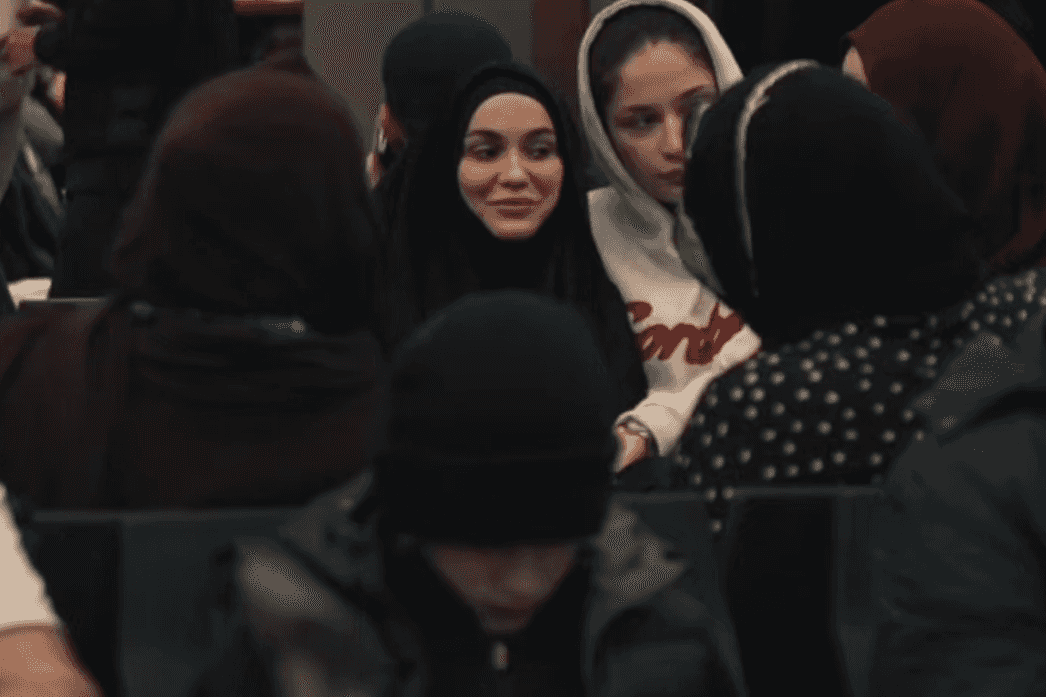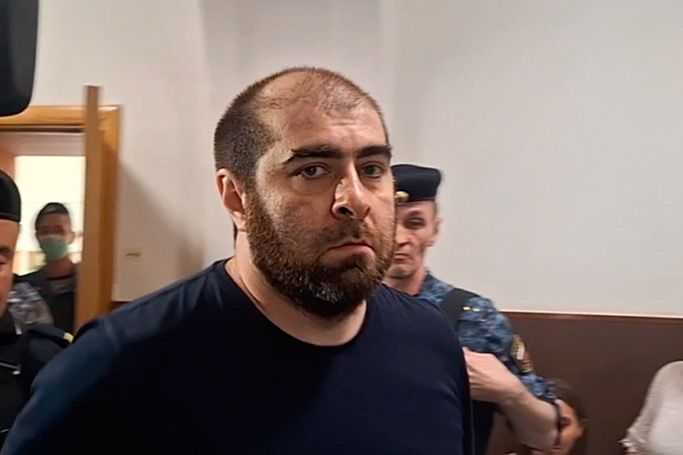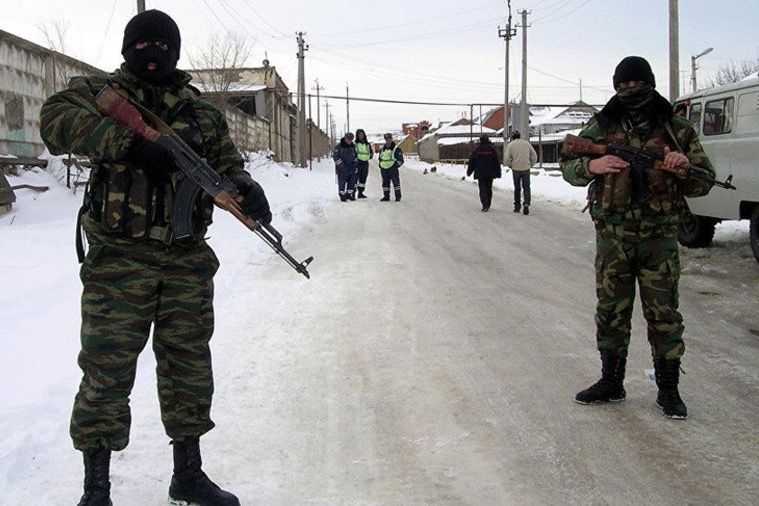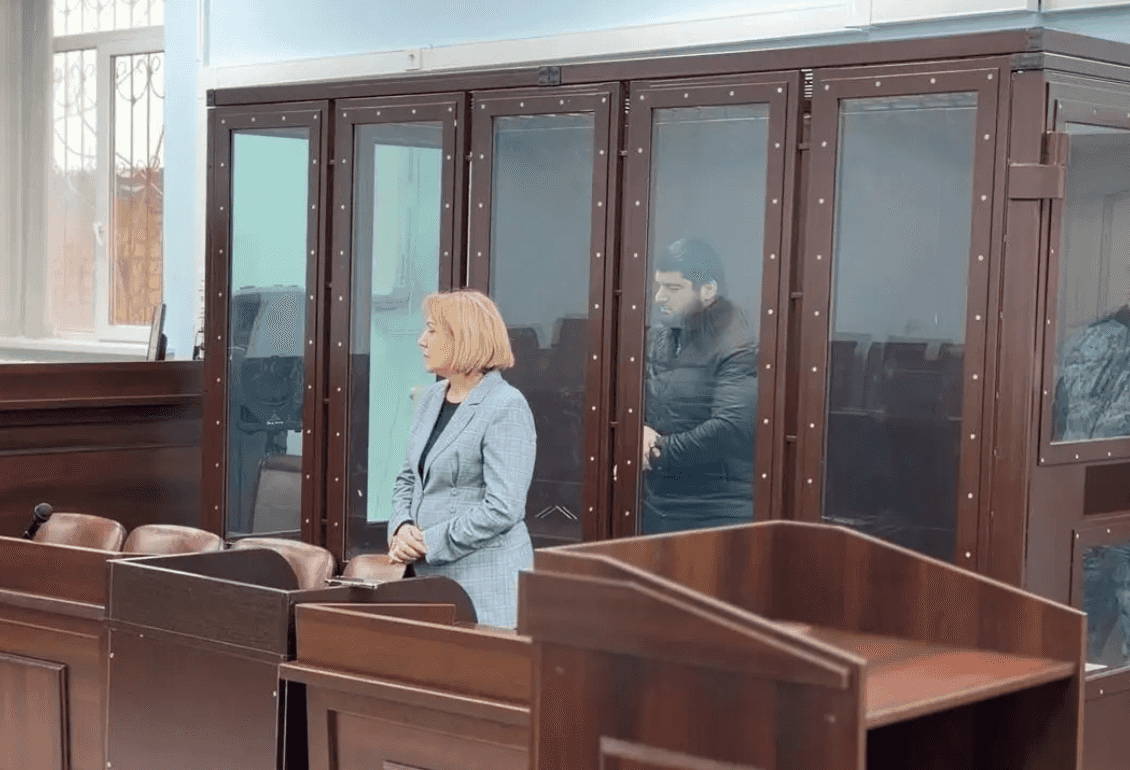
The European Court of Human Rights (ECHR) has ruled that the killing of two teenage shepherds by Russian security services in 2016 was unlawful.
The brothers Nabi and Gasanguseyn Gasanguseynov, aged 17 and 19, were shot dead in August 2016 near their home village of Goor-Khindakh, in the Shamil District of Daghestan.
The court found that Russia violated two articles of the European Convention on Human Rights, the right to life as well as the right to an effective remedy, for their failure to adequately investigate the killings. The boys’ parents were awarded €120,000 ($140,000) in compensation.
At the time of the killings, the head of the Shamil District Police, Ibrahim Aliyev, claimed that brothers were killed by return fire after opening fire on police and FSB officers conducting a search operation. The FSB later denied holding any operation in the area that day.
Criminal cases were opened against the brothers for encroachment on the lives of law enforcement officers and illegal arms trafficking, while photos of their bodies were released with weapons and army boots nearby.
The court found that there was ‘no indication’ that the brothers were involved in any type of criminal activities, and that ‘the way the bodies had been found lent credence to the crime scene having been staged.’
A ‘superficial’ investigation
In November 2017, the Daghestani Investigative Committee dropped the criminal case against the Gasanguseynov brothers and opened a new investigation for their murder.
The investigation was transferred to the central office of the Investigative Committee of Russia, however, the boys’ parents and human rights activists insisted the investigation was sabotaged.
In their ruling, the ECHR found that ‘the examination of the crime scene had been carried out superficially and that certain important elements had only been found during a second examination the following day.’
‘Throughout the proceedings, the investigators had taken no steps to clarify a number of key issues.’
‘Furthermore, despite the coherent and consistent allegations of the applicant, and the orders of the domestic court, the criminal case into the killing of the applicant’s sons had been opened only one year and three months after the incident and the domestic investigators had failed to give a proper response to the serious allegations of inappropriate use of lethal force by agents of the State.’
Investigators later claimed that the Gasanguseynov brothers were murdered by ‘unknown persons’ using automatic weapons that ‘are not registered with the law enforcement agencies’. However, the court confirmed that they were killed ‘during a special operation carried out by State agents.’
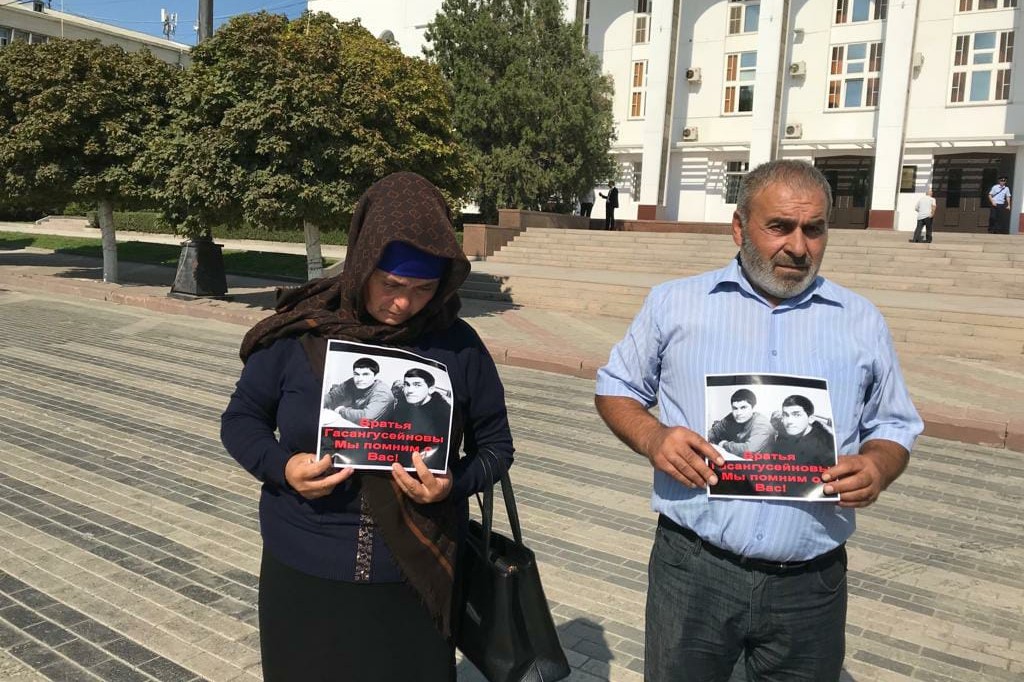
The Investigative Committee four times refused requests by the brothers’ father to initiate criminal proceedings against the former head of the Shamilskiy District Interior Ministry, who had labelled his sons ‘terrorists’ in the operational report.
In 2018, answering a question from Daghestani journalist Elena Eskina, Russian President Vladimir Putin promised to personally instruct the head of the Investigative Committee of Russia to investigate the murders of the Gasanguseynovs. However, Putin’s promise did not lead to any progress in the investigation.
In 2019, the former head of Daghestan, Vladimir Vasilyev, said that the Gasanguseynov brothers died as a result of a ‘tragic mistake’ and not premeditated murder.
Vasilyev’s replacement, Sergei Melikov, met with the parents of the Gasanguseynovs in December 2020 and promised to provide ‘human assistance’. Melikov did not discuss the progress of the investigation into the killings.



